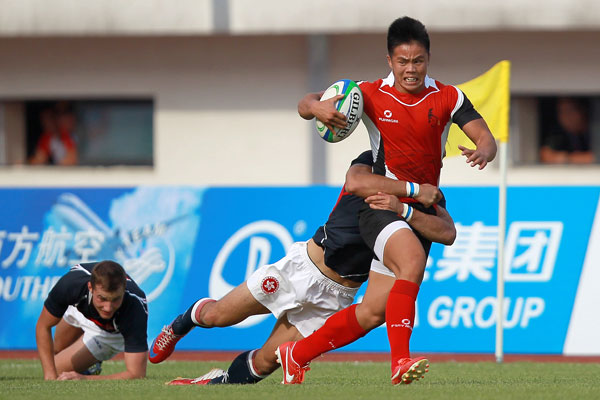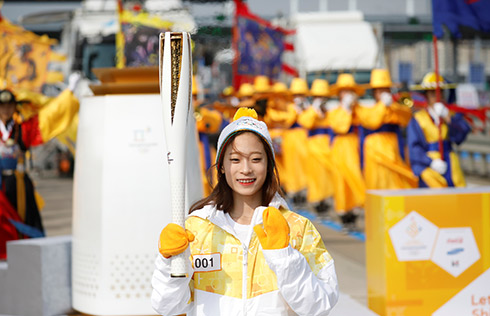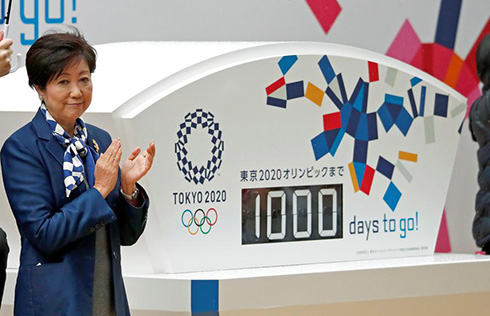

 |
|
A Shandong player tries to break a tackle from a Hong Kong opponent in group play of the men's rugby sevens at the National Games on Sept 2. Shandong won 17-14 and eventually was crowned champion. Cui Meng / China Daily |
Adding rugby sevens to the 2016 Rio Olympics has provided the sport with a great boost in China, but for it to gain a firm foothold, it needs to get children involved.
That's the major concern of former national team star and current coach Zhang Zhi-qiang, who attended the 12th National Games in Shenyang this month and saw provincial sports authorities invest a lot in pursuit of medals while appearing unconcerned about the sport's grassroots development.
"The motivation to win extra medals at the National Games is extremely powerful for local sports bureaus and the results weigh heavily on the work assessments of local sports officials," said Zhang.
To prepare for sevens' Olympic debut, the General Administration of Sport of China introduced it into the National Games for the first time this year, which triggered a medal race among the provinces.
According to Liu Rongyao, secretary-general of the Chinese Rugby Association, 13 local teams have been formed among the provinces and the number of registered players has increased from to 200 to 2,000 since the IOC decided four years ago to include the sport in the 2016 Games.
Eight foreign coaches from world powers like Australia, New Zealand and Fiji were at the National Games to assist local teams.
"Every team wants a piece of the new cake so each province spent a lot on luring talents from other sports (to practice rugby), hiring foreign coaches and arranging overseas trips. Suddenly, the sport has gotten off to a flying start in many places in China," said Zhang, who served as Beijing's head coach at the National Games.
Beijing, which had claimed three consecutive national championships since 2010, finished third in Shenyang as Shandong won both the men's and women's crowns.
Zhang said his side's loss was proof the game is on the rise in China.
"We lost, but it's a good sign for the game in general. A lot of teams improved and became more competitive," said the 38-year-old, who started playing in 1993 and retired in 2010.
However, a lack of tradition and public exposure still hampers the sport.
A quiet grandstand at Shenyang Agriculture University Stadium was in contrast to the players' fierce tackling and yelling on the field.
"We wanted to watch the basketball competitions but couldn't buy the tickets. So we decided to come here although we have no idea about rugby rules," said Shi Yong, a student at the university.
Due to a distinct lack of rugby knowledge, the organizing committee even incorrectly identified rugby sevens as American football and designed an image of the event's mascot holding an NFL ball.
Despite its growing development, sevens needs to reach out to the general public, particularly children, to firm up its popularity base in China, Zhang said.
"We have to try to change the stereotype that rugby is a dangerous game, which is not for everyone, by promoting it on campuses and in communities."
Some local sports authorities have realized the importance of youth development. Shandong, Anhui and Jiangsu have introduced rugby at 20 primary and secondary schools in each province, according to Liu.
Kane Jury, the Hong Kong female team's head coach, suggested the country's governing body should start a children's program for the game's long-term prosperity.
"Visually, it's very good game to watch with all the physical contact, but it's actually safe and easy for children to play with the right protection," said the New Zealander.
"It's very popular among teenagers, especially the girls, in Hong Kong.
"About 300 girls are playing in the junior league system there."
According to Yiu Kam-shing, a player on Hong Kong's men's team, there are at least 50 amateur junior teams operating in the region.













